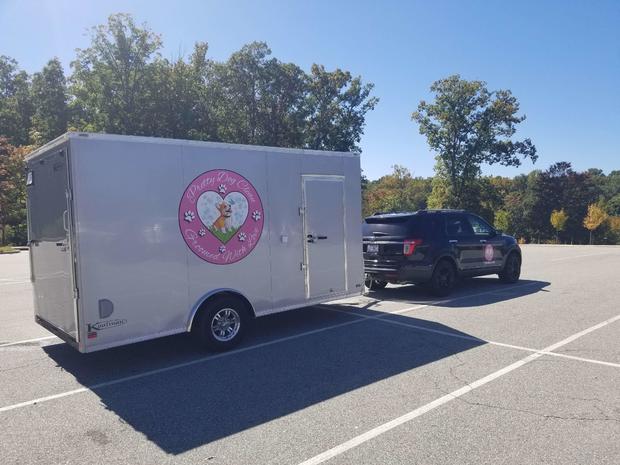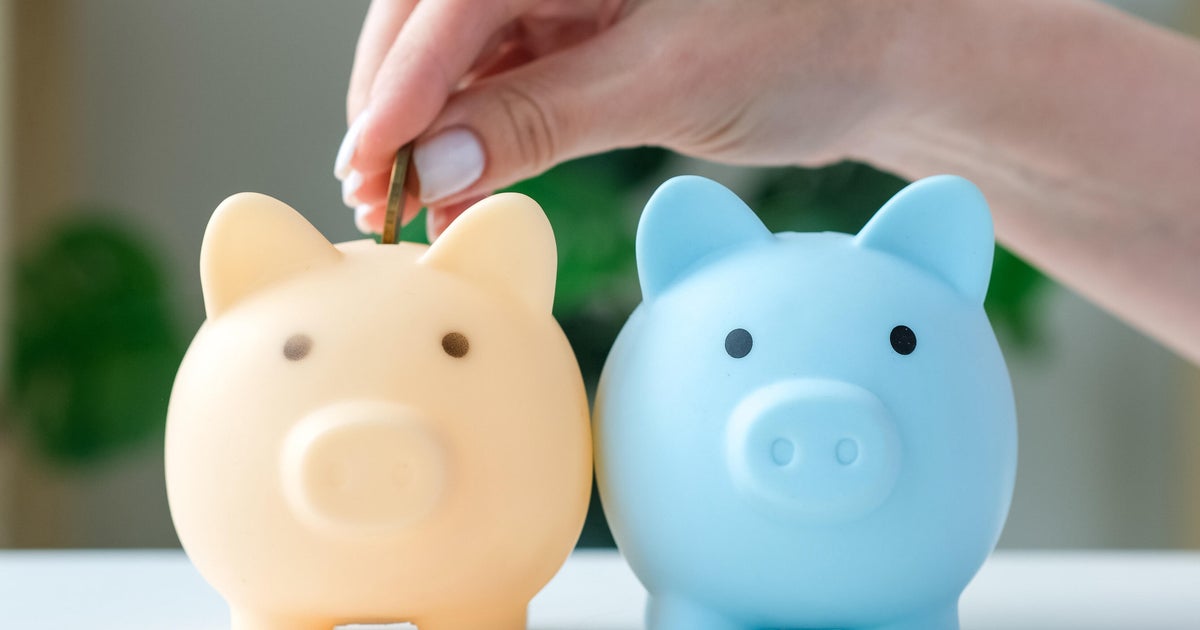Despite economic strains, Americans are starting millions of businesses
Burned out at work and feeling the pain of inflation, Americans are turning to a time-honored capitalist tradition: Starting their own businesses.
People in the U.S. launched about 5 million businesses last year, according to a new survey of 1,600 entrepreneurs from Gusto, an HR and payroll platform. Although that's down slightly from 2021, since the pandemic erupted three years ago Americans have created 15 million new businesses, compared with 10 million in the three years prior to the health crisis, Gusto said. Early in the pandemic, many people started new businesses out of necessity amid a surge in layoffs and company closures.
"I couldn't even take a lunch break"
Among these new business owners is Kiana Smith, 28, of Greensboro, North Carolina, who started a mobile dog-grooming business last year after working for a pet salon.
The salon "would overbook me, so I would have to answer the phone with a dog on the table," Smith recalled. "I wanted to give the dog that full attention, but I couldn't even give myself time and attention — I couldn't even take a lunch break."
After saving some money, Smith said she took the leap last year and started Pretty Dog Clean, buying a trailer and converting it into a mobile dog-grooming station. She now drives to clients' houses for appointments, and said she's earning more money than she did at the salon while also having more flexibility in her schedule to pick up her children, ages 6 and 8, from school.
"For the most part the pandemic has made this business such a good business because people prefer to stay in their homes," she told CBS MoneyWatch. "I'm getting bookings every day, people are calling every day, and I'm like, 'it's working'."
Why start a business
One shift that is visible in the flood of new businesses since the pandemic: more women, the Gusto research shows. About 47% of new businesses last year were started by women, compared with 29% in 2019, prior to the pandemic. People of color are also starting more businesses — 27% last year compared with 23% in 2019.
"We have seen women and people of color driving this entrepreneurship since the pandemic," said Gusto economist Luke Pardue. Women "are motivated by flexibility," partly as school disruptions continue to be an issue for families.
The desire to make extra income amid the highest inflation in 40 years has also driven more people to form businesses, including side hustles, Pardue noted. About 41% people who started an enterprise last year said they were motivated by a wish for financial stability or the desire to supplement their household income, up from 24% in the prior year, Gusto found.
About half of the people who created new businesses last year worked full-time in their new gigs, which suggests that 2.5 million people have effectively been pulled from the nation's broader labor pool. And because many of those new businesses are hiring, it's adding to the competition for workers, Pardue noted.
Boosting the economy
Among them are Zero Cho and Alexander Lee, who met while working at trading app Robinhood and started their new business, called Iago, last year. Inspired by their own experiences learning languages through immersion — such as watching movies and TV shows — they created a Chrome extension for learning Japanese via Netflix, YouTube or Disney+ shows.
"The job market was tough," Cho noted, but he added that people were interested in their project and they were able to hire contractors.
Currently the pair are working on raising additional money for their business, but noted that the collapse of Silicon Valley Bank earlier this month has made the climate more conservative. The company plans to expand into more languages, such as Korean, which has grown in popularity thanks to K-pop and K-dramas, they said.
The trend of new business creation could bode well for the economy in the long term, Pardue said.
"It's an incredibly encouraging trend to seen this renewal of entrepreneurship in the economy," he noted. "They are innovating, and so it's going to raise our standard of living."





